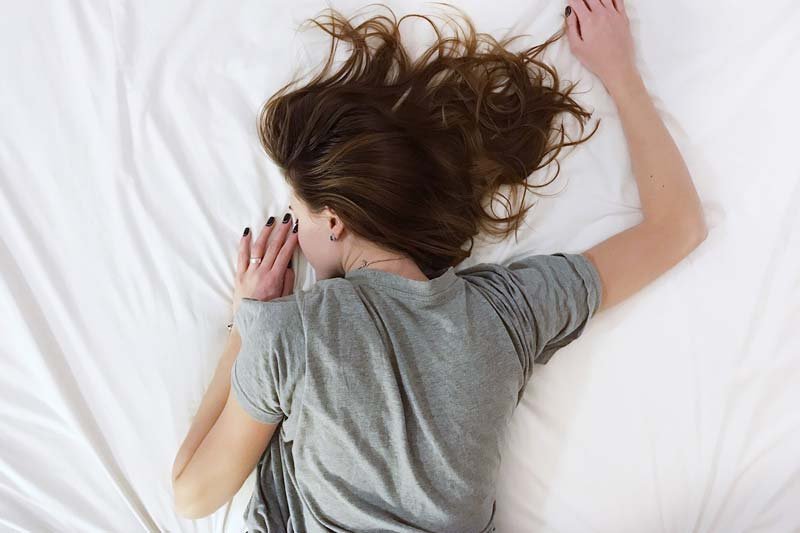How sleep affects health and wellbeing : The CDC reported that over a third of all Americans are not getting enough sleep on a regular basis. It’s recommended that adults get between seven and nine hours of sleep a night. With a full-time job, family, hobbies and a social life, it can be tricky to fit it all in, and it can be tempting to sacrifice sleep in order to achieve everything else. However, sleep is an essential part of our lives, and not getting enough of it can affect your health and wellbeing.
Why is sleep essential?
There have been studies in which rats have been sleep-deprived – they all died within two to three weeks. Similar studies have not been carried out on people for obvious reasons, but there have been cases of people dying from lack of sleep. For example, in 2012, a Chinese man died 11 days into a soccer-watching marathon in which he did not sleep. It is clear that sleep is essential to our existence.
What does sleep actually do?
It’s strange that we know that sleep is essential but we still aren’t completely sure about what exactly it does for the body. There are various theories. During a night’s sleep, we will cycle through non-REM (rapid eye movement) and REM sleep. In non-REM sleep, the brain experiences slow brain waves called theta and delta waves. In REM sleep, the brain waves resemble a person’s brain when they’re awake, but our muscles are paralyzed.
There is a theory that sleep allows the brain to recharge. During non-REM sleep, the brain uses about half as much glucose as it does when it’s awake. Another theory is that the brain cleans itself and washes out toxins during sleep. One other theory is that sleep is essential to the brain’s connectivity and plasticity. Research has shown that when animals learn to do a new task, their neurons strengthen the synaptic connections involved in the learning of that task during their next sleep cycle.
How sleep deprivation affects physical health
Sleep deprivation has a wide array of effects on the human body, which further demonstrates its importance. One thing that can happen is that your production of insulin gets thrown off. Insulin regulates your body’s blood sugar levels, and if you don’t have enough of it, then it can lead to increases in your blood sugar levels and even to type 2 diabetes. Another area at risk is your heart. If you sleep for less than five hours per night, then your risk of high blood pressure increases, and it also leads to higher levels of chemicals that are linked to inflammation. Both of these can increase your risk of heart disease.
Sleep deprivation can also weaken your immune system, leaving you more vulnerable to infectious diseases such as colds and flu. Also, it can lead to weight gain because it affects the chemicals that your body gives out when you are full up, leading you to eat more than is necessary. Sleep deprivation can even affect your sex drive, lowering your libido.
How sleep deprivation affects mental health
As well as affecting your body’s physical health, sleep deprivation can have a significant effect on your mental health. Being sleep-deprived will affect your ability to concentrate and learn new tasks – as we saw with the theory about animals and brain plasticity. Lower concentration will affect your work and could be very dangerous if you’re operating a vehicle or machinery.
Memory is also adversely affected by lack of sleep. This is because sleep shifts and sorts our memories of the day into our short-term memory, where it has the chance to go into our long-term memory – if we don’t sleep enough, then experiences don’t get the chance of going into our short-term memory, leading to issues with remembering things. Sleep deprivation has been linked with anxiety, both as a cause and a symptom of it. It can also lead to depression and even hallucinations and psychotic episodes.
How can you improve your sleep?
There are various ways of improving your sleep. A good option could be to buy a high-quality mattress that assists with sleep. The best mattress will be comfortable, supportive, non-allergenic and will help you regulate your temperature.
Apart from buying a mattress, there are other ways to improve your sleep. For better sleep, You could try exercising during the day and being exposed to plenty of natural light. You should avoid caffeine and nicotine after midday, and don’t eat a large meal too close to bedtime. You should also avoid looking at any screens within an hour before bedtime.
Related Videos How sleep affects health and wellbeing :
What Happens To Your Body And Brain If You Don’t Get Sleep
The Importance of Sleep: 8 Scientific Health Benefits of Sleep + Sleeping Tips
How lack of sleep affects health and tips for a good night’s rest
Sleep Deprivation and its Weird Effects on the Mind and Body
One more reason to get a good night’s sleep
What would happen if you didn’t sleep? – Claudia Aguirre
How Does Sleep Affects Your Face – Sleep Deprivation
https://www.youtube.com/watch?v=xuUAguGyVPg
Why Sleep is More Important Than Diet
Related Infographics How sleep affects health and wellbeing :
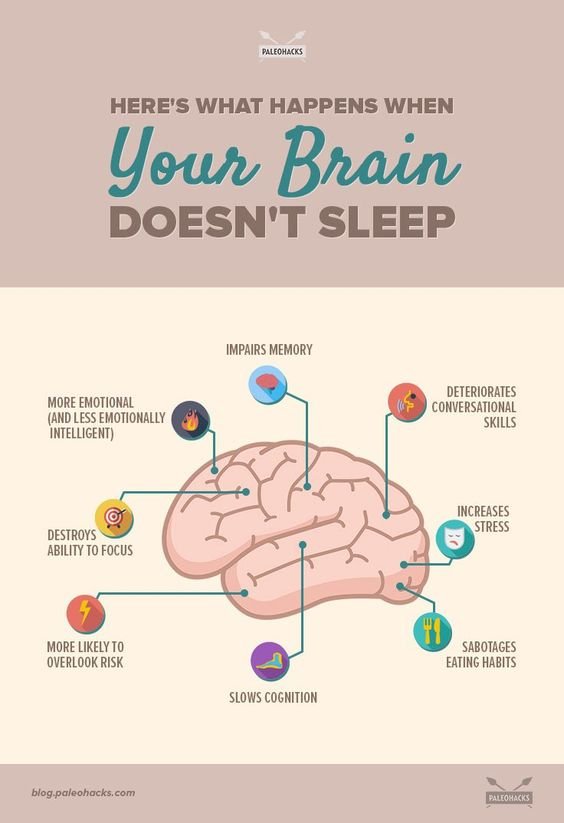
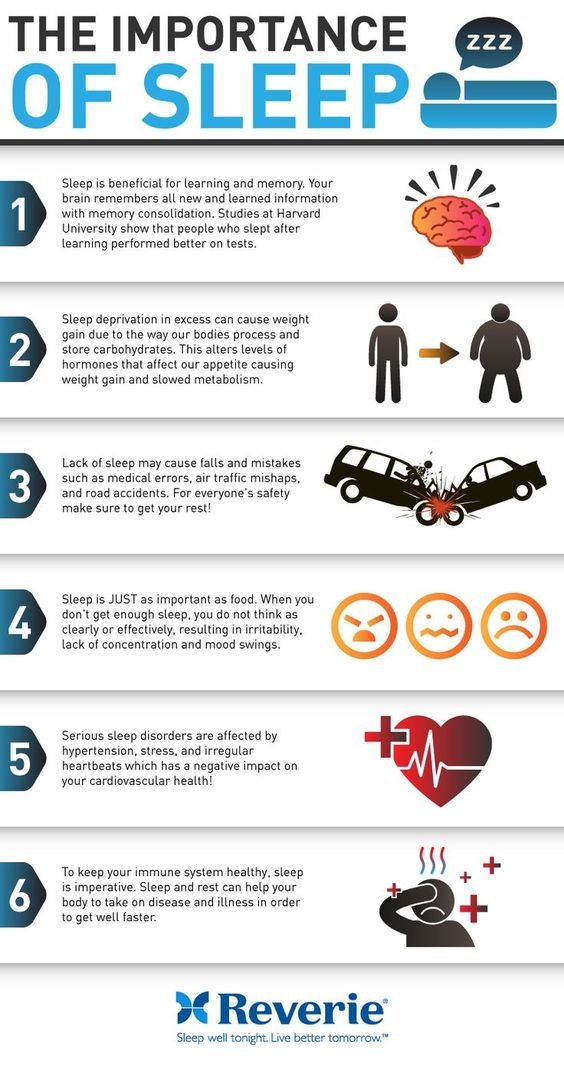
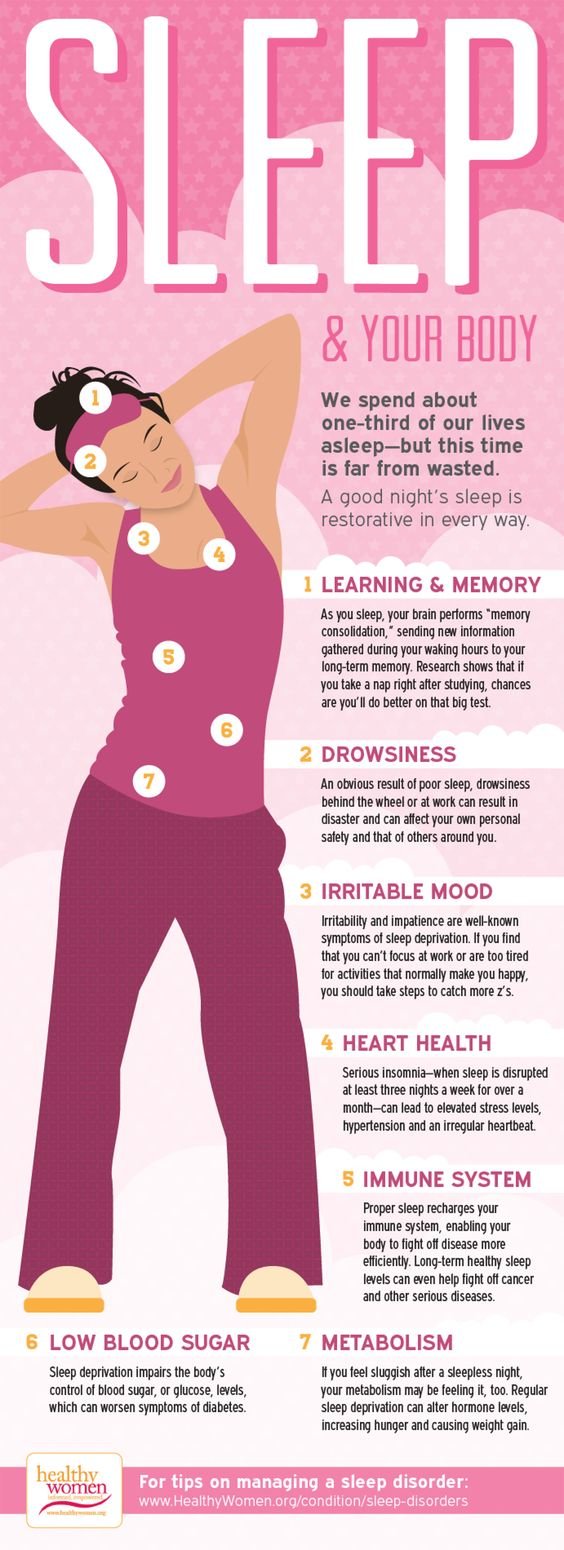
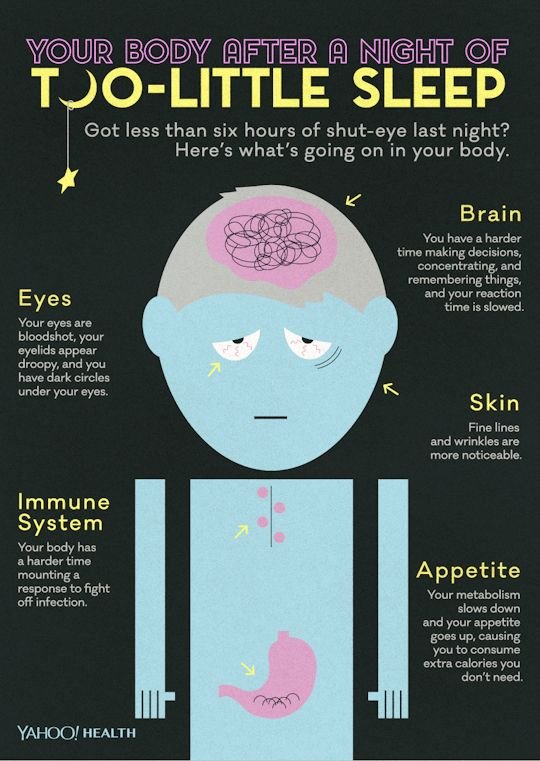
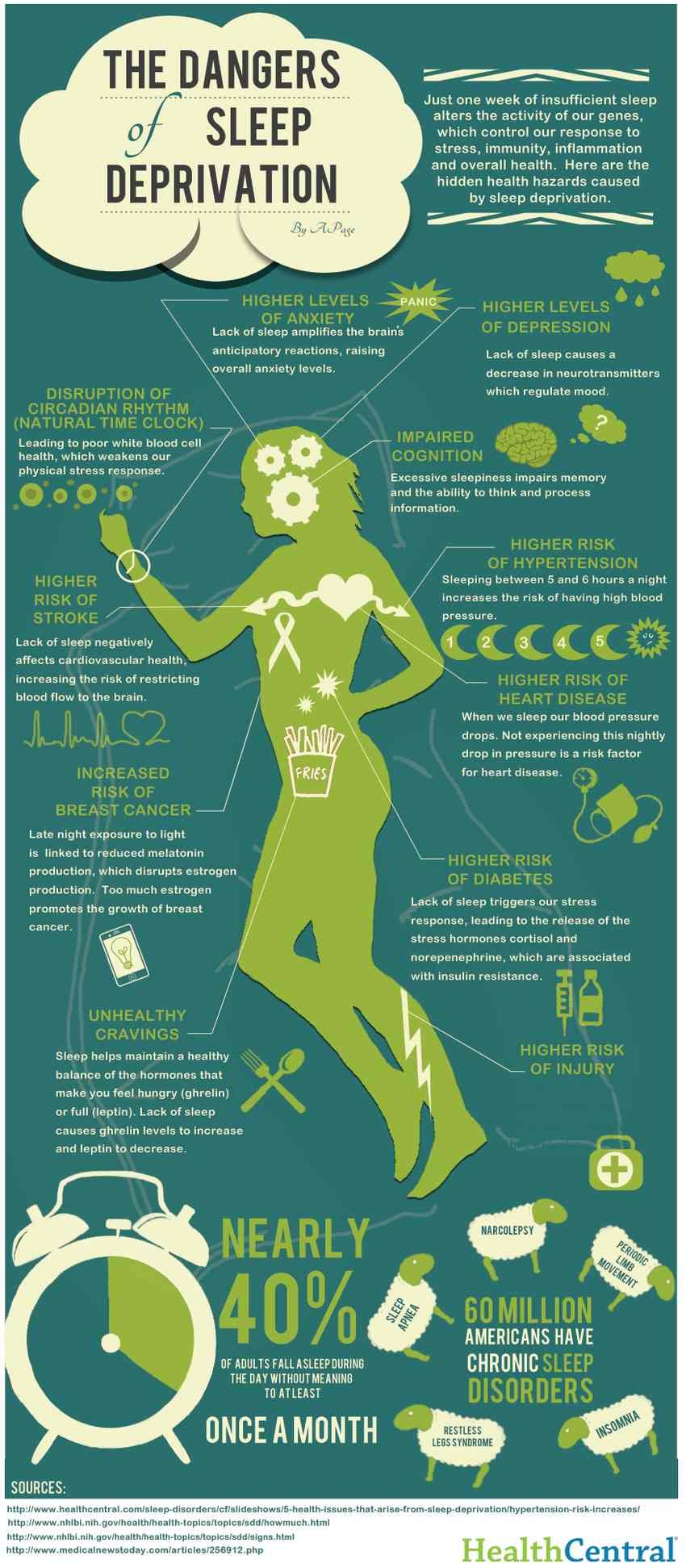
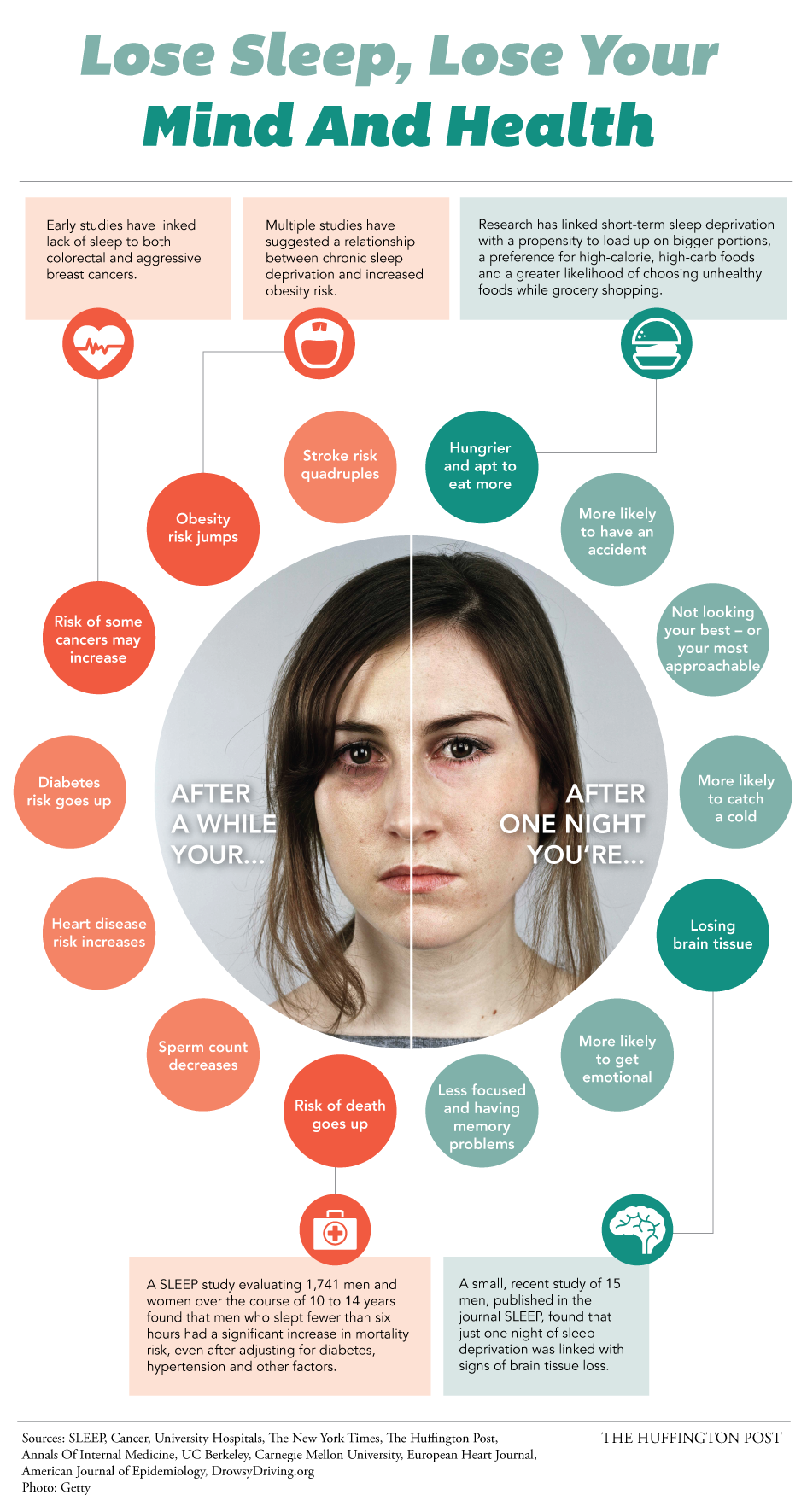
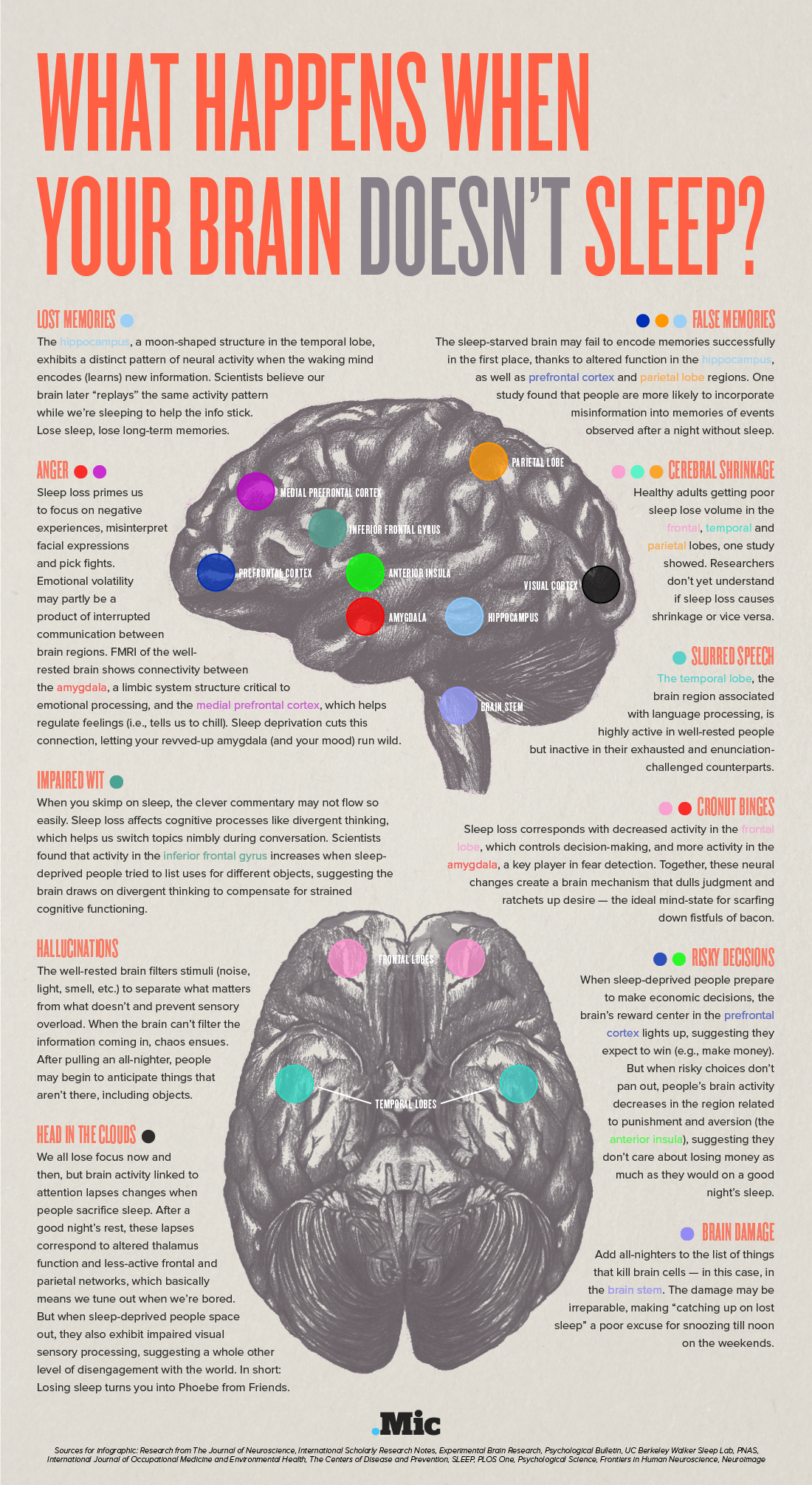

How sleep affects health and wellbeing
sleep deprivation effects on the brain, sleep deprivation stages, sleep and health, sleep deprivation treatment, what lack of sleep does to your brain, why is sleep important, benefits of sleep, sleep deprivation study, How sleep affects health




